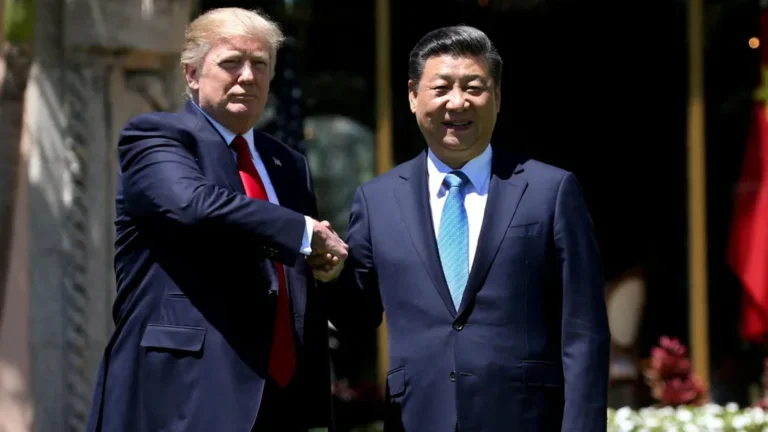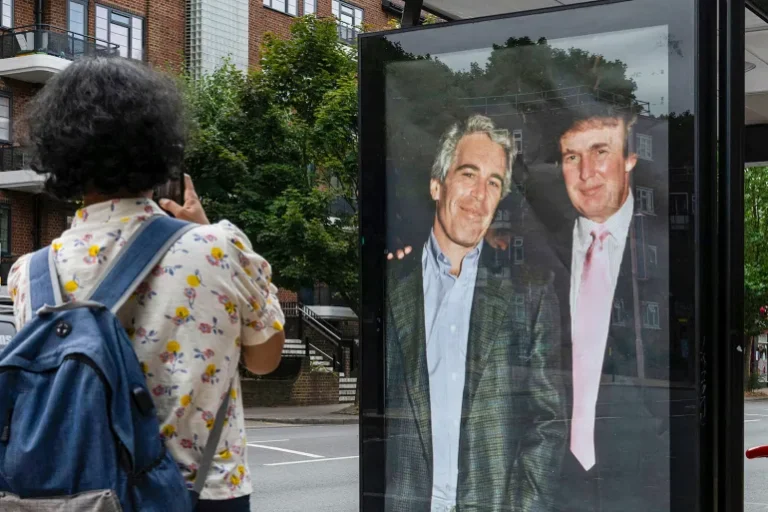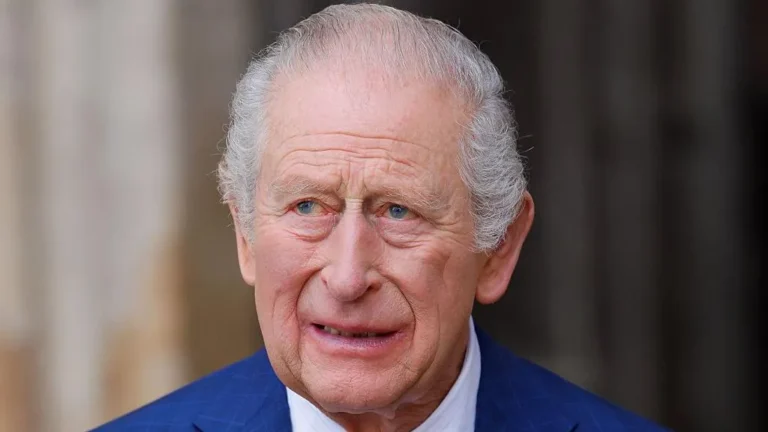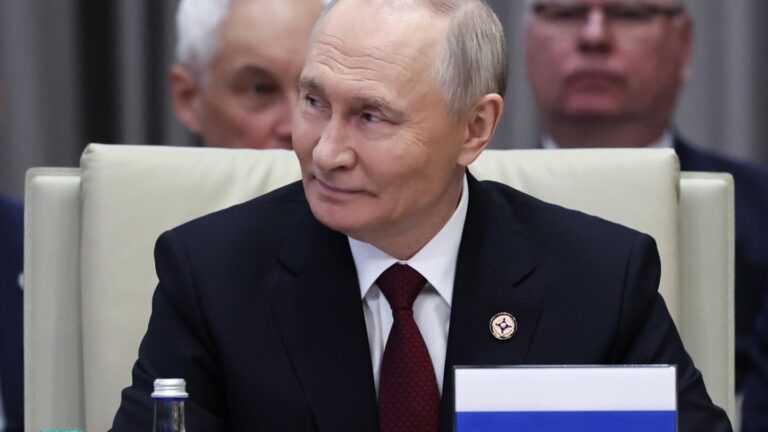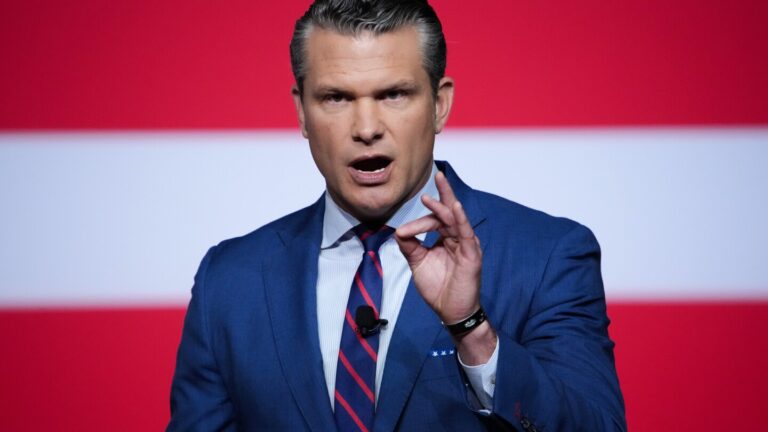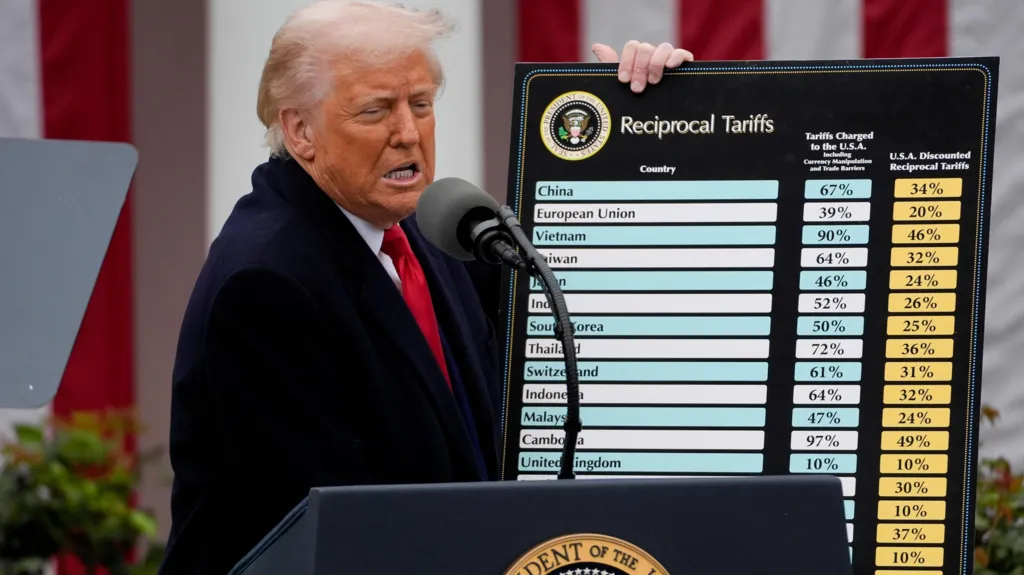
The U.S. Supreme Court heard tense arguments Wednesday over Donald Trump’s broad use of tariffs, challenging whether the former president exceeded his authority under the International Emergency Economic Powers Act (IEEPA). The case could reshape presidential control over trade and determine the legality of billions in duties already collected.
Chief Justice John Roberts and several conservative justices joined the liberal bloc in questioning whether the 1977 emergency law allows a president to impose tariffs unilaterally. Roberts warned that such power would let Congress “abdicate all responsibility” for trade policy. Justice Neil Gorsuch said he was “struggling” to see how the law could justify tariffs on nearly every country.
The Trump administration argued the tariffs were necessary to protect national security and the U.S. economy, claiming they targeted “country-killing” trade deficits. Government lawyers insisted that revenue from the tariffs was incidental, not their primary purpose. However, Trump has publicly boasted about the billions in funds the duties generated.
Justices Weigh Constitutional Boundaries
Several justices raised concerns that tariffs function like taxes, which only Congress can authorize under the Constitution. Justice Samuel Alito questioned whether a president could use the law to impose tariffs to prevent war. The challengers’ lawyer argued that while presidents can restrict trade in true emergencies, they cannot raise revenue or overhaul the entire tariff system.
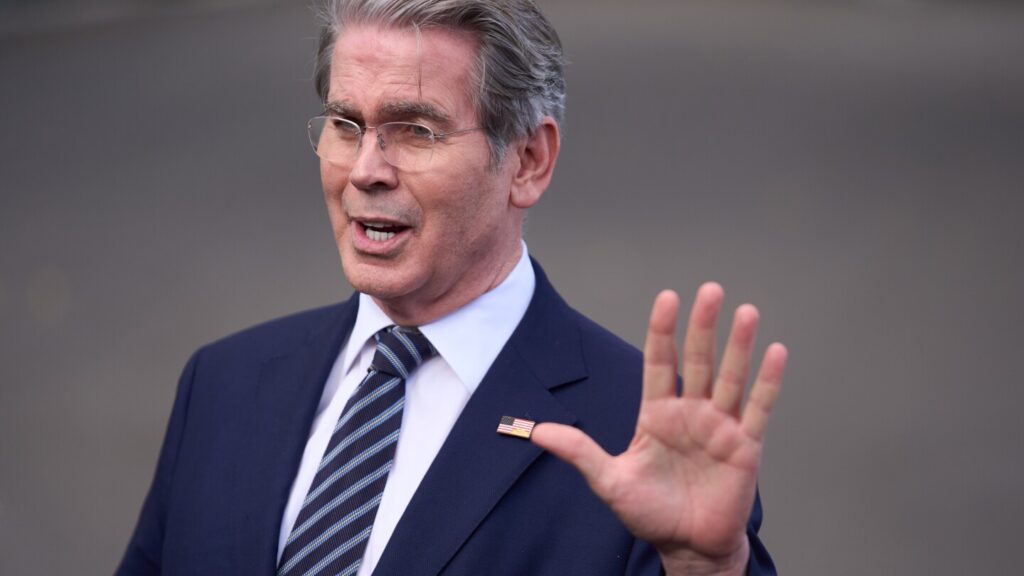
The court’s decision could affect around $90 billion in import taxes already paid this year. Analysts estimate that if refunds are ordered, the total could soar to $1 trillion. Justice Amy Coney Barrett noted that reimbursing companies could become a “complete mess,” reflecting the case’s potential financial fallout.
Massive Economic and Political Stakes
A ruling for Trump would dramatically expand executive trade powers, allowing future presidents to impose tariffs without congressional approval. Critics warn it would weaken checks and balances and strain international trade relations.
READ ALSO: U.S. Military Strikes Again on Suspected Drug Vessel in Eastern Pacific
If the court strikes down the tariffs, consumers and businesses could see price relief after months of higher import costs. Administration officials hinted at backup plans to impose new duties under different legal authorities if they lose the case.
The outcome, expected by mid-2026, could redefine how far presidents can go in using emergency powers for economic policy a decision that may alter U.S. trade law for decades to come.

